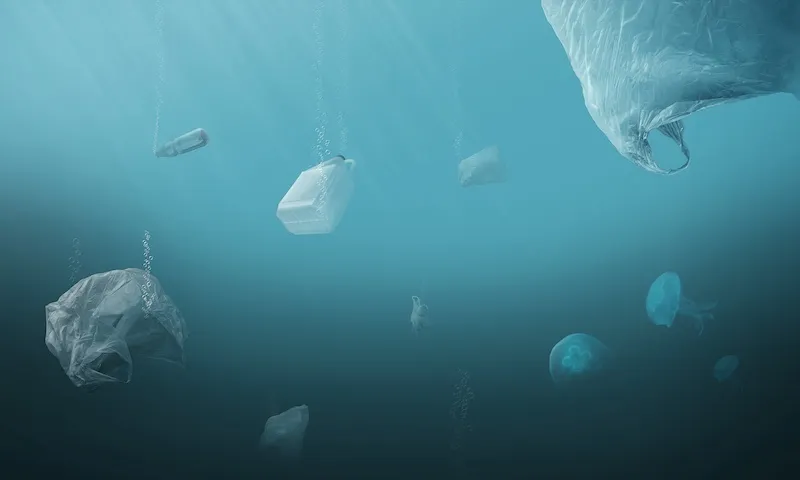
The Inquiry: how does it work?
What is an Inquiry?
Whenever a company wishes to put a new substance up for sale for the first time on the European market, or decides to register an already existing substance without pre-Registering it, it has to carry out an Inquiry to ECHA.
ECHA explains that:"Before registering, you have a duty to prepare and submit an inquiry to ECHA for 1) all non-phase-in substances and 2) phase-in substances that have not been pre-registered. The inquiry process will take place prior to manufacturing or placing on the market."
Specific case: an Inquiry to update your tonnage band
Before submitting an update of your Registration due to an increase of your tonnage band, you are required to inform ECHA of this change using the process of Inquiry. We are dealing with a particular type of Inquiry here, though.
How to proceed to an Inquiry?
Inquiry requests must be submitted via the REACH-IT portal by creating an ICULID 6 file. In order to help you in these procedures, ECHA has set up a "FAQs' section specialised in the Inquiry issue as well as an article on the process of preparation and submission of an Inquiry.
An Inquiry dossier must contain information such as:
- The identity of the registrant
- The identification of the substance
- Analytical data
Once the Inquiry dossier is finalised and submitted to ECHA, the latter has 20 working days to give you an answer.
Moreover, when ECHA will approve your Inquiry, it will assign an "Inquiry number" to you. This number is tremendously important and has a twofold stake. As a matter of fact, it will be useful for you, not only during the Registration process, but it will also be an essential tool to provide you with information on the dossiers that have already been submitted for a given substance.
Thus, this procedure serves to angle you towards the appropriate SIEF, thereby accompanying you in the choice of a submission method (as lead or co-registrant). It is important to note that this step is only possible if your dossier has been submitted to ECHA, otherwise you will not be informed.
What are the costs linked to the Inquiry process?
There are two types of costs to envision in an Inquiry process to ECHA:
- Costs linked to analytical tests: these are compulsory in the Inquiry dossier and can go from €2000 to €3000, for classic analyses.
- Costs linked to a potential working force which intervene during the compilation of the dossier under IUCLID 6, in the case in which you would call for a service provider.
Will I still be able to carry out an Inquiry after 31st May 2018?
Any company that will not have registered its substance before 31st May 2018 as required by REACH, could be punished in case of controls by the authorities and will have to terminate any production or importation unless they maintain a produced or imported quantity inferior to a tonne per year.
This being said, after 31st May 2018, it will still be possible to register a substance but the Registration process will be longer and more complex. Indeed, the companies will have to anticipate delays caused by:
- The making of an Inquiry to ECHA
- The wait for their reply
- The submission of the Registration dossier
- A wait of three more weeks after this submission
The Inquiry: how does it work?
What is an Inquiry?
Whenever a company wishes to put a new substance up for sale for the first time on the European market, or decides to register an already existing substance without pre-Registering it, it has to carry out an Inquiry to ECHA.
ECHA explains that:"Before registering, you have a duty to prepare and submit an inquiry to ECHA for 1) all non-phase-in substances and 2) phase-in substances that have not been pre-registered. The inquiry process will take place prior to manufacturing or placing on the market."
Specific case: an Inquiry to update your tonnage band
Before submitting an update of your Registration due to an increase of your tonnage band, you are required to inform ECHA of this change using the process of Inquiry. We are dealing with a particular type of Inquiry here, though.
How to proceed to an Inquiry?
Inquiry requests must be submitted via the REACH-IT portal by creating an ICULID 6 file. In order to help you in these procedures, ECHA has set up a "FAQs' section specialised in the Inquiry issue as well as an article on the process of preparation and submission of an Inquiry.
An Inquiry dossier must contain information such as:
- The identity of the registrant
- The identification of the substance
- Analytical data
Once the Inquiry dossier is finalised and submitted to ECHA, the latter has 20 working days to give you an answer.
Moreover, when ECHA will approve your Inquiry, it will assign an "Inquiry number" to you. This number is tremendously important and has a twofold stake. As a matter of fact, it will be useful for you, not only during the Registration process, but it will also be an essential tool to provide you with information on the dossiers that have already been submitted for a given substance.
Thus, this procedure serves to angle you towards the appropriate SIEF, thereby accompanying you in the choice of a submission method (as lead or co-registrant). It is important to note that this step is only possible if your dossier has been submitted to ECHA, otherwise you will not be informed.
What are the costs linked to the Inquiry process?
There are two types of costs to envision in an Inquiry process to ECHA:
- Costs linked to analytical tests: these are compulsory in the Inquiry dossier and can go from €2000 to €3000, for classic analyses.
- Costs linked to a potential working force which intervene during the compilation of the dossier under IUCLID 6, in the case in which you would call for a service provider.
Will I still be able to carry out an Inquiry after 31st May 2018?
Any company that will not have registered its substance before 31st May 2018 as required by REACH, could be punished in case of controls by the authorities and will have to terminate any production or importation unless they maintain a produced or imported quantity inferior to a tonne per year.
This being said, after 31st May 2018, it will still be possible to register a substance but the Registration process will be longer and more complex. Indeed, the companies will have to anticipate delays caused by:
- The making of an Inquiry to ECHA
- The wait for their reply
- The submission of the Registration dossier
- A wait of three more weeks after this submission







